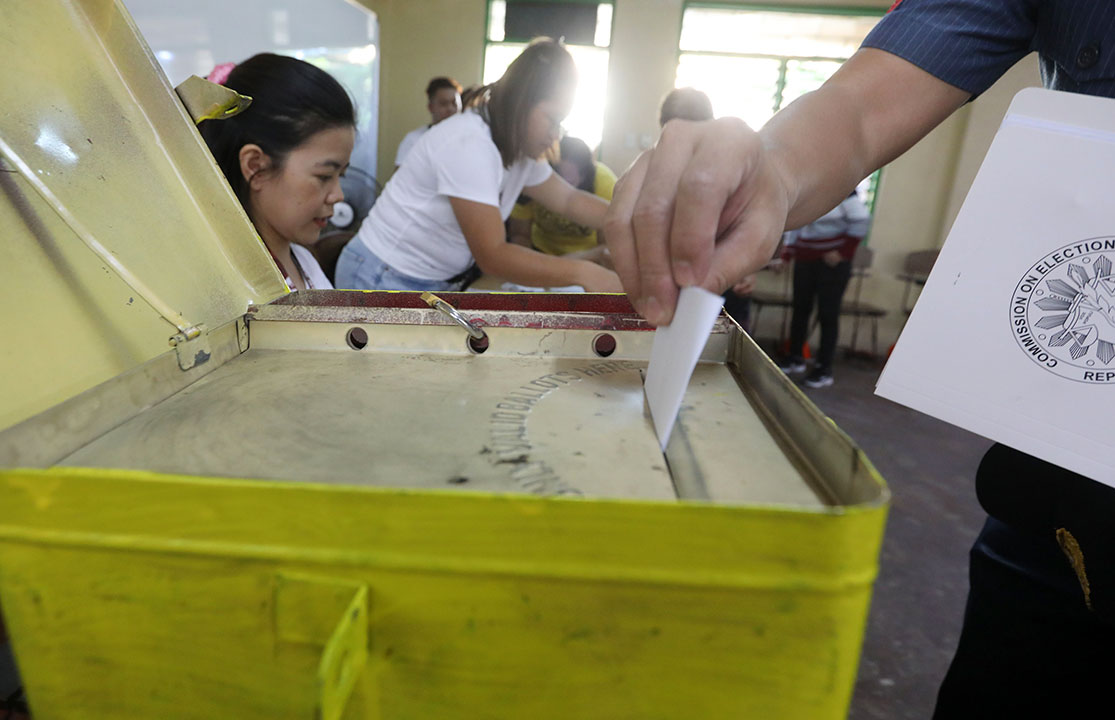
A RESOLUTION calling for an investigation on the alleged irregularities that happened during the Philippine midterm elections was filed at the House of Representatives on Monday, claiming that “technical anomalies” experienced by the country’s automated election system disenfranchised voters.
“The 2025 National and Local Midterm Elections were plagued with various issues — ranging from major technical anomalies to massive voter disenfranchisement — as reported by election watchdog groups,” House Resolution No. 2291, filed by Party-list Reps. Raoul Danniel A. Manuel, France L. Castro and Arlene D. Brosas, stated.
Ms. Castro and Ms. Brosas lost when they ran for senator in the 2025 polls.
The Commission on Elections (Comelec) said they will cooperate with Congress should it pursue an investigation on the alleged issues that hounded the elections.
“Comelec is ready to appear before Congress if and when called upon to lay down the facts,” the poll body’s spokesman John Rex C. Laudiangco told reporters in a Viber message, noting that this year’s election was “the most successful” since the Philippines automated its voting process.
Millions of Filipinos voted on May 12 to elect national and local officials, but technical glitches such as ballot rejections, scanner malfunctions and feeding jams disrupted the process, according to poll watchdog Legal Network for Truthful Elections.
“Reports of independent electoral watchdogs and advocates… flagged as many as 1,593 election violations during the recently conducted elections,” Kabataan Party-list said in a separate statement.
The resolution also alleged that the overseas voting process violated the law due to a lack of means for migrant Filipinos to verify their ballots and raised concerns on the different source code versions used in automated counting machines.
The poll results’ integrity were also questioned in the resolution, citing that the transmission of election outcomes to transparency servers monitored by poll watchdogs were “significantly delayed.” — Kenneth Christiane L. Basilio



